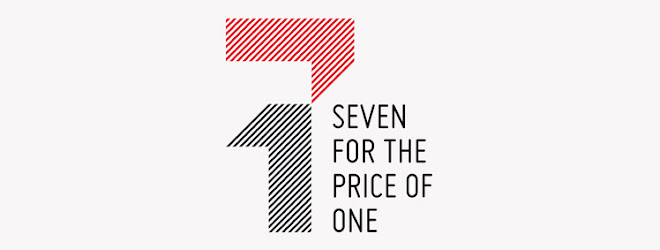


- Irene Pascual
In February 2010, the Messianic Research Centre for Visual Ethics (MRCVE) and Johnny Amore conducted in Germany and the Netherlands a series of performances entitled 7 For The Price Of 1. Presented in the form of a shopping trip, the tour travelled from Berlin to Rotterdam, acquiring seven performative actualisations along the way.
Just like the earlier works of MRCVE and Johnny Amore, the project was not merely a series of performances, but an opportunity to collect research data for further refinement and to test in practice the premises raised by theoretical research.
The aim of the performances was to increase the apportioned capital of the project, because the easy market criticism of the economically oriented contemporary reality clearly needed to be complemented with objective research that would give reality an opportunity to argue its logic. Deconstructing trade and the mechanisms of the economy, the project culminated at Pori Art Museum in October 2010, presenting a summary of the results gained with the methods of performative economic research.
Also avaible at: Boekie Woekie/ Amsterdam, Bücherbogen+Motto/ Berlin


























































